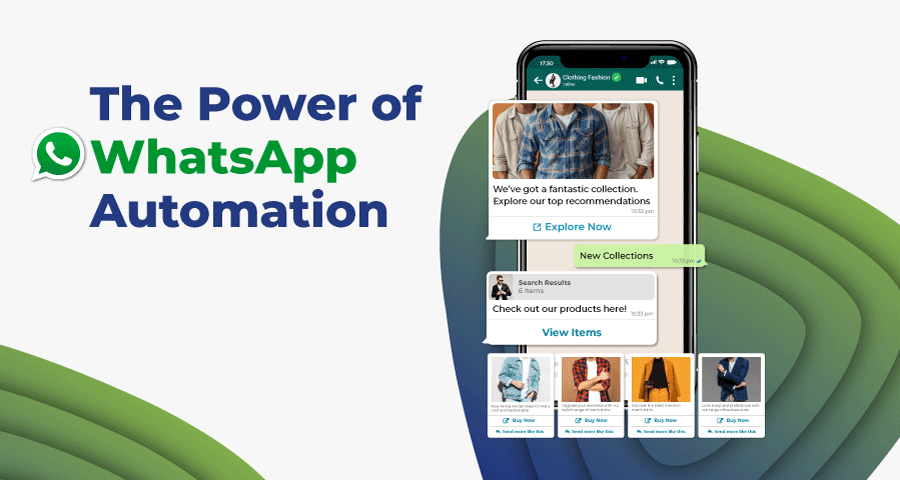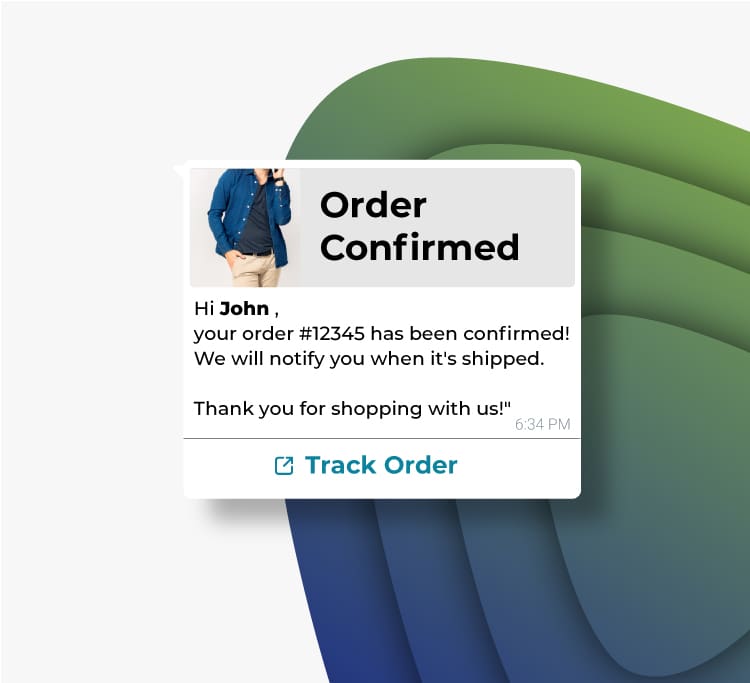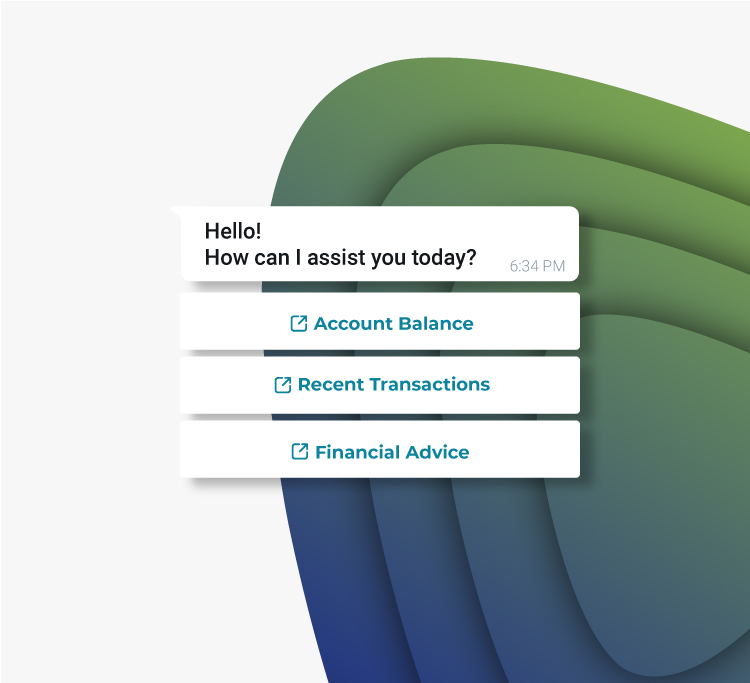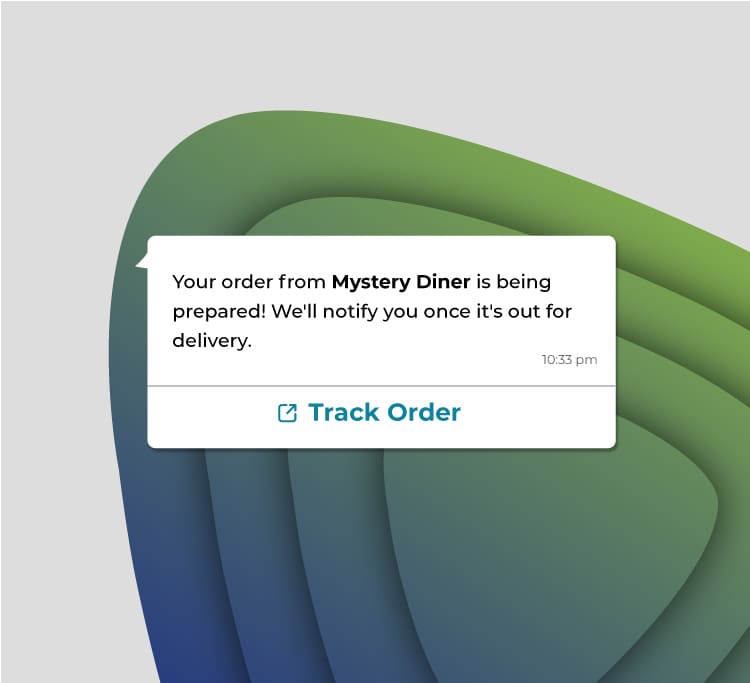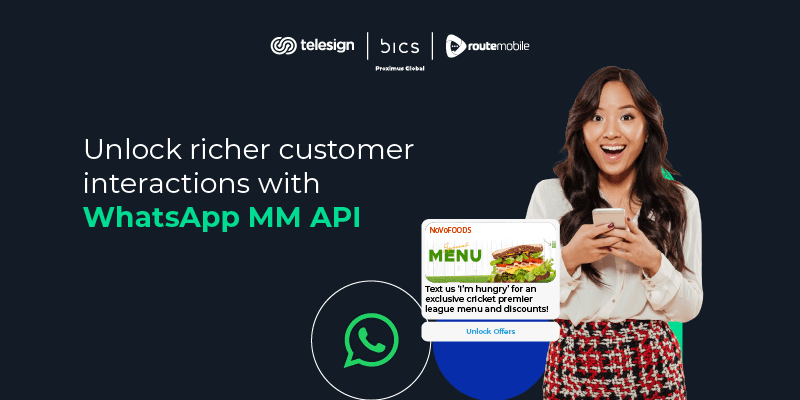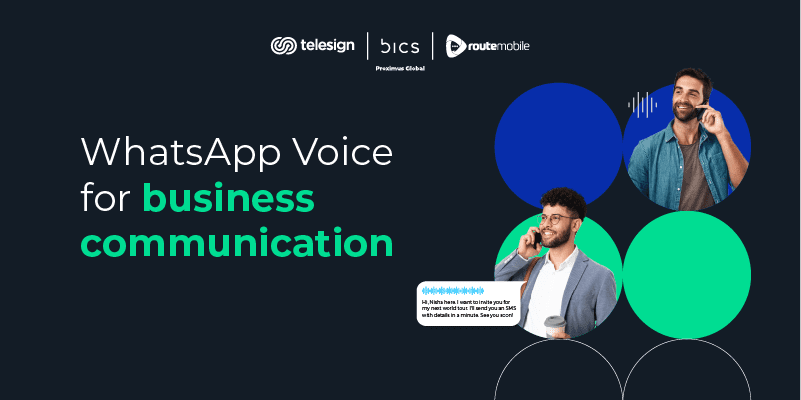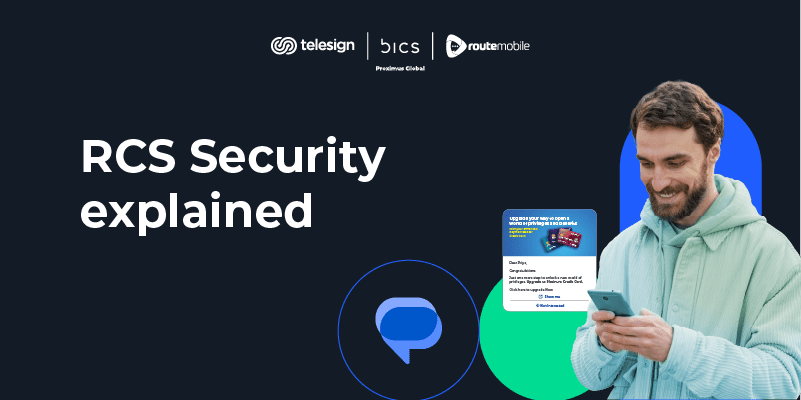Summary:
By leveraging WhatsApp’s extensive reach and user-friendly interface, businesses can use WhatsApp Automation to benefit the customer through marketing campaigns, thereby improving efficiency and customer satisfaction. The ability to provide instant, personalized responses around the clock not only boosts customer loyalty but also frees up valuable resources, allowing businesses to focus on core activities and strategic initiatives.
What is WhatsApp Automation?
WhatsApp automation involves using software and tools to automate tasks and interactions on WhatsApp. This can include automated responses to customer inquiries, sending scheduled messages, integrating chatbots for customer support, and more. The WhatsApp Business API is a primary enabler of these capabilities, allowing businesses to integrate WhatsApp with their existing CRM systems and other tools.
The Benefits of WhatsApp Automation
Enhanced Customer Engagement
Automated messaging allows businesses to maintain constant communication with their customers. Whether it’s sending reminders, notifications, or personalized messages, automation ensures that customers are always informed and engaged. For instance, e-commerce platforms like Amazon send order confirmations, shipping updates, and delivery notifications through WhatsApp, providing a seamless shopping experience.
Improved Customer Support
Chatbots powered by artificial intelligence (AI) can handle a significant portion of customer inquiries, providing instant responses to common questions. This not only reduces the workload on human agents but also ensures that customers receive prompt and accurate information. For example, HSBC uses WhatsApp automation to provide customers with account balance inquiries, transaction alerts, and even financial advice.
Increased Efficiency and Productivity
Automation can significantly reduce the time and effort required to perform repetitive tasks. Businesses can schedule messages, automate responses, and integrate workflows, freeing up valuable time for employees to focus on more complex and strategic tasks. Small and medium-sized enterprises (SMEs), such as local retail shops, benefit greatly by automating responses to frequently asked questions about store hours and product availability.
Personalized Customer Experiences
By integrating WhatsApp with CRM systems, businesses can send personalized messages based on customer data and behavior. This can include birthday wishes, special offers, and recommendations tailored to individual preferences. For example, Sephora uses WhatsApp automation to send personalized beauty tips and product recommendations based on customers’ previous purchases.
Example:
“Happy Birthday, [Customer Name]! Enjoy a special 20% discount on your next purchase. Use code: BDAY20 at checkout!”
Key Use Cases of WhatsApp Automation
Customer Support
Automated chatbots can handle frequently asked questions, troubleshoot common issues, and escalate complex queries to human agents when necessary. This ensures that customers receive timely support, improving satisfaction and loyalty. Telecommunications companies like Vodafone use chatbots to help customers troubleshoot connectivity issues and manage their accounts.
Example:
“Having trouble with your connection? Reply with: 1. Internet Issues 2. Billing Questions 3. Technical Support.”
Sales and Marketing
Automation can be used to send promotional messages, special offers, and product updates. Businesses can segment their audience and send targeted campaigns, increasing the likelihood of conversion. Additionally, abandoned cart reminders can be sent to encourage customers to complete their purchases. Online fashion retailers like ASOS send reminders to customers who have left items in their carts, boosting conversion rates.
Example:
“Hi [Customer Name], you left some items in your cart! Complete your purchase now and get 10% off with code: SAVE10.”
Appointment Scheduling and Reminders
For industries like healthcare, beauty, and wellness, WhatsApp automation can streamline the appointment scheduling process. Automated reminders can reduce no-show rates and improve operational efficiency. Dental clinics use WhatsApp to send appointment reminders, reducing the number of missed appointments and ensuring better clinic management.
Example:
“Dear [Patient Name], this is a reminder for your dental appointment on [Date] at [Time]. Reply ‘CONFIRM’ to confirm your appointment.”
Order Tracking and Notifications
E-commerce businesses can use automation to keep customers informed about their order status. From order confirmation to delivery notifications, customers can receive real-time updates, enhancing their shopping experience. Food delivery services like Uber Eats notify customers about their order status, from preparation to delivery, ensuring transparency and satisfaction.
Feedback and Surveys
Gathering customer feedback is crucial for continuous improvement. Automated surveys can be sent post-purchase or post-interaction to collect valuable insights and gauge customer satisfaction. Hotels and resorts send automated surveys to guests after their stay to gather feedback on their experience, helping improve future services.
Implementing WhatsApp Automation: Best Practices
Choose the Right Tools
Selecting the appropriate automation tools and platforms is crucial. Businesses should opt for solutions that integrate seamlessly with their existing systems and offer robust features to meet their specific needs. Route Mobile offers comprehensive WhatsApp automation solutions.
Prioritize Customer Privacy and Security
Ensuring the privacy and security of customer data is paramount. Businesses must comply with data protection regulations like GDPR and CCPA and use end-to-end encryption to safeguard communications. Financial institutions prioritize secure communication channels to protect sensitive customer information.
Maintain a Human Touch
While automation offers numerous benefits, maintaining a human touch is essential. Automated messages should be personalized and reflect the brand’s tone and voice. Additionally, there should always be an option for customers to interact with a human agent when needed. Luxury brands often blend automated responses with personalized human interactions to maintain high service standards.
Monitor and Optimize
Continuous monitoring and optimization of automated processes are vital. Analyzing performance metrics and customer feedback can help identify areas for improvement and ensure that automation efforts are effective. E-commerce giants like Alibaba continuously optimize their automated systems based on customer interactions and feedback.
Educate and Train Staff
Staff should be adequately trained to use automation tools and handle customer interactions. This ensures a seamless blend of automated and human-driven communication. Retail chains like Zara train their staff to manage automated and direct customer interactions effectively.
The Future of WhatsApp Automation
As technology advances, WhatsApp automation’s capabilities are set to expand further. With Route Mobile’s robust platform and expertise, businesses can effortlessly implement sophisticated automation workflows, ensuring seamless and efficient customer interactions. The ongoing advancements in AI and machine learning further enhance the capabilities of WhatsApp automation, allowing for even more personalized and proactive engagement.
Ready to transform your business communication? Get in touch with Route Mobile today and take the first step towards leveraging the power of WhatsApp automation for your success.
